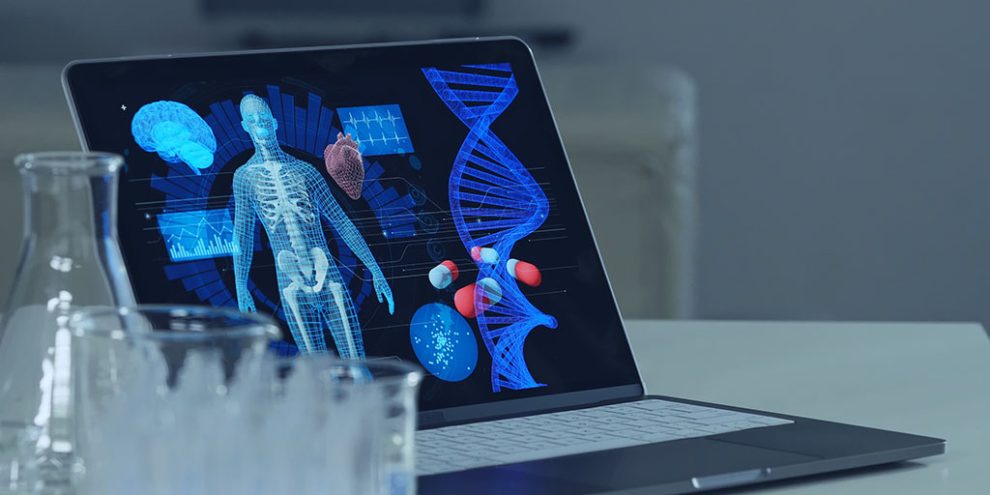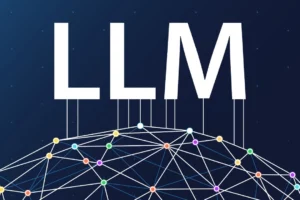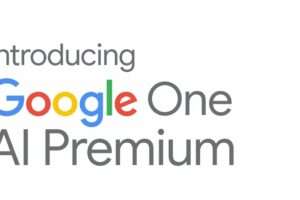Drug discovery has long been a slow and expensive endeavor, sifting through a vast chemical universe for promising candidates. But the tide is turning, thanks to artificial intelligence (AI). These digital alchemists are transforming the biotech landscape, accelerating the identification of potent new drugs and revolutionizing healthcare.
AI’s Analytical Toolkit:
Imagine a tireless lab assistant, crunching numbers, analyzing molecules, and predicting outcomes at lightning speed. That’s AI in action, wielding its powerful tools to unlock the secrets of drug discovery:
Virtual Screening
Forget laborious lab experiments. AI algorithms can screen millions of virtual compounds against target proteins, identifying potential drug candidates with remarkable speed and precision.
Molecular Modeling
AI builds intricate 3D models of proteins and molecules, predicting how candidate drugs might interact with them, paving the way for more targeted and effective drug design.

Data Mining
AI sifts through mountains of scientific data, extracting hidden patterns and insights that might have eluded human eyes, guiding the search for promising new drug targets and mechanisms.
From Promise to Patient: AI Paves the Path to New Therapies
With AI’s insights guiding the way, the drug discovery process becomes more efficient and productive:
Faster Development
Traditional drug development can take years, but AI can shorten this timeline significantly, bringing life-saving therapies to patients sooner.
Reduced Costs
With AI streamlining the process, the financial burden of drug development can be lowered, potentially making new treatments more accessible.
Personalized Medicine
AI can pave the way for personalized medicine by identifying drugs tailored to individual genetic profiles and disease variations, maximizing treatment efficacy.
The Future of AI-Powered Drug Discovery: A Brighter Horizon
As AI continues to evolve, the future of drug discovery promises even more breakthroughs:
Repurposing Existing Drugs
AI can identify new uses for existing drugs, giving them a second life and potentially accelerating the development of treatments for neglected diseases.
Tackling Complex Diseases
AI can tackle notoriously complex diseases like cancer and Alzheimer’s, by modeling intricate cellular interactions and identifying novel therapeutic targets.
Real-Time Monitoring
AI could even help monitor drug performance in patients in real-time, allowing for personalized adjustments and improving treatment outcomes.
Challenges and Considerations
While AI’s potential in drug discovery is vast, it’s crucial to address challenges and ethical considerations:
Explainability and Trust
Ensuring doctors and patients understand how AI-powered drug discovery works is crucial for building trust in this new technology.
Data Bias and Fairness
AI algorithms can inherit biases from the data they are trained on. Combating these biases and ensuring equitable access to AI-powered drug discovery for all is vital.
Collaboration, Not Replacement
AI is a powerful tool, but it’s not a replacement for human expertise. Collaboration between scientists, clinicians, and AI specialists is key to maximizing its potential and ensuring responsible development and deployment of AI-powered therapies.
By embracing AI in a responsible and ethical manner, we can unlock its transformative potential in drug discovery. This collaboration between human ingenuity and artificial intelligence promises to accelerate the development of life-saving therapies and usher in a new era of personalized medicine, where treatments are tailored to individual needs, and the golden needles in the biotech haystack are found with unprecedented speed and precision.
















Add Comment